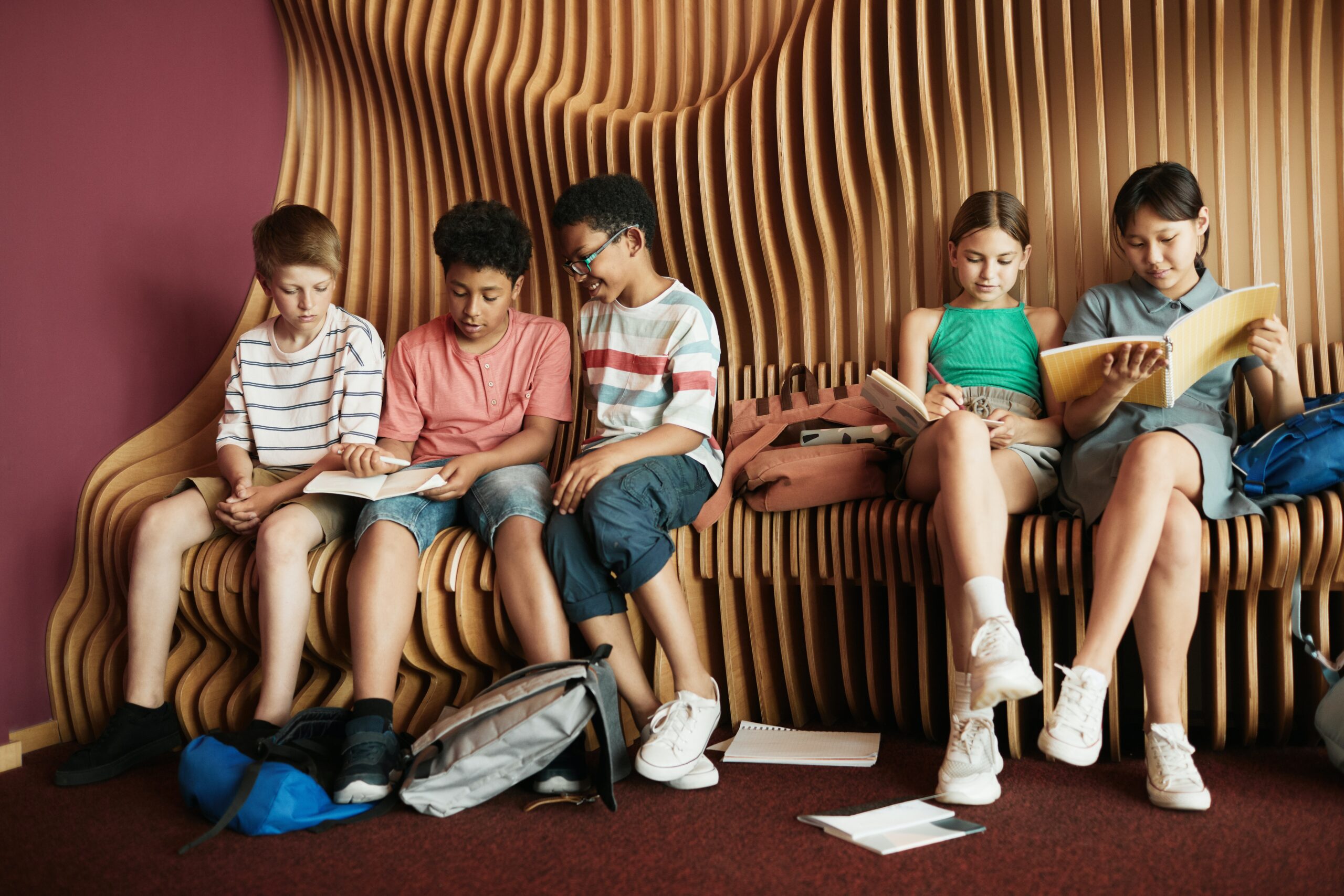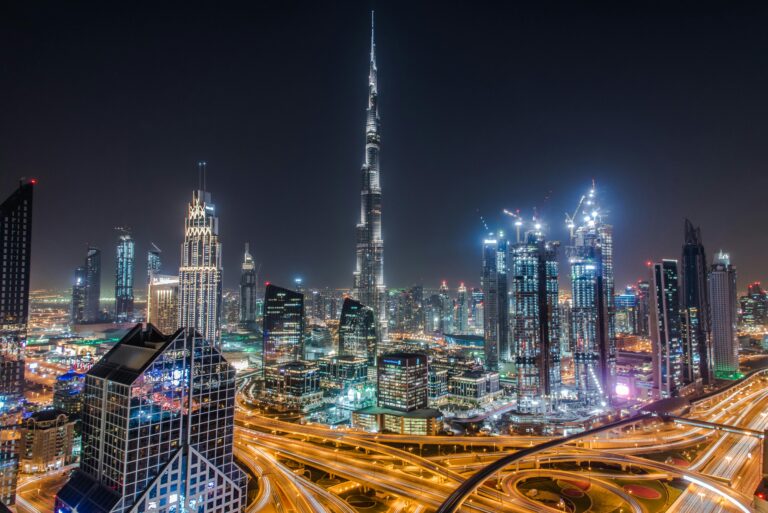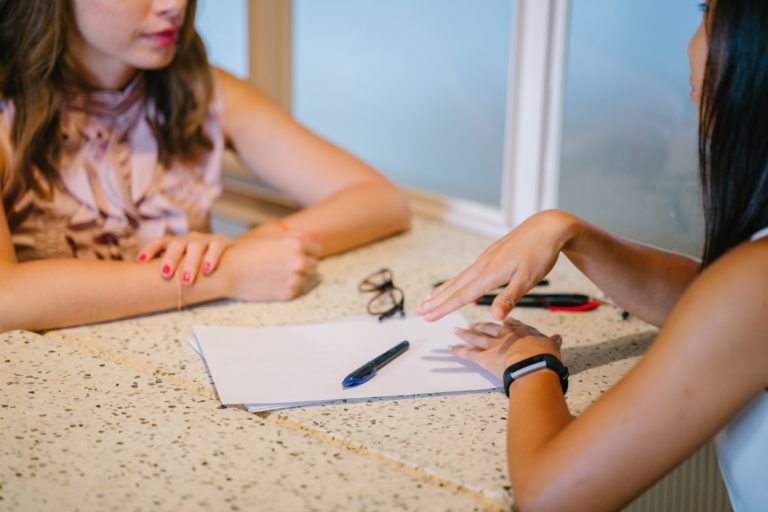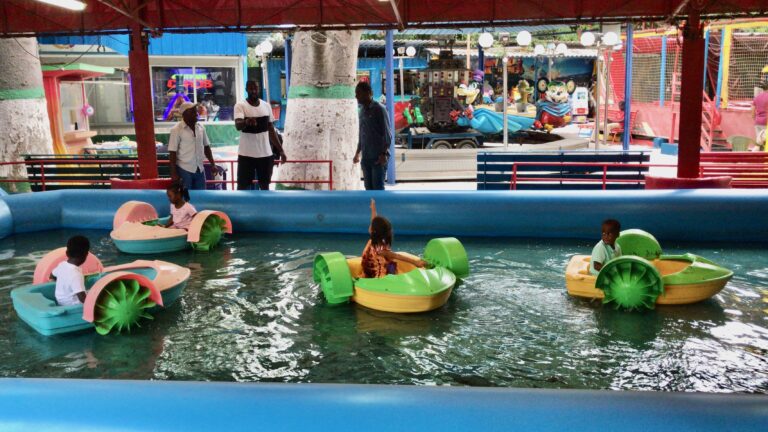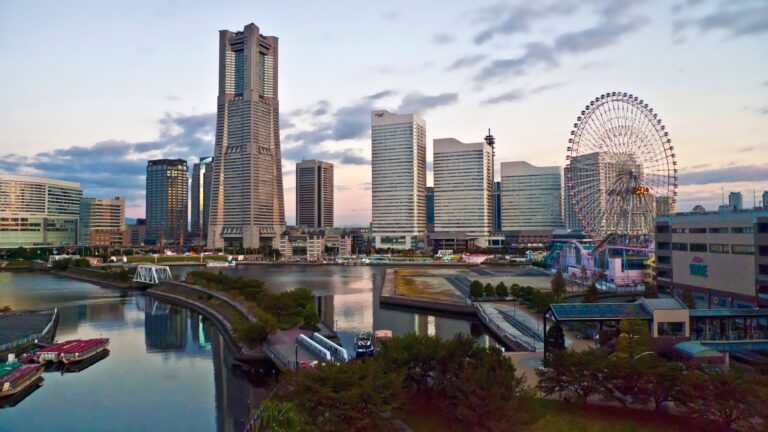What are ‘Global Babies’?
It was during an international training seminar week set in Sao Paulo, Brazil that I first became aware of the term ‘Global Citizen’. We had a fire side chat with a senior manager of the company who had been on several expat assignments and mentioned the term while he was sharing his international experiences. I got really fascinated by the idea of being a Global Citizen. I have to admit, embarrassingly, that at that time in 2013 I only thought of it as someone who has travelled a lot and lived in many different places.
The origin of ‘Globy’
With that fascination always in the back of my mind, I was leaving the office one day during my first trimester pregnant with my first baby. On the 10-15 min walk through the manufacturing plant, machines and trucks bustling next to me, I started thinking about my baby, the pregnancy and our situation. We were living in Japan, a German engaged to a Senegalese with travel plans to 5 continents during the pregnancy. “What a Global Baby” I thought to myself. I was still searching for a “project name” ( a nick name for the baby) so my mind started to play around “a Global-by”. It was actually my husband who shortened it even more to “Globy”.
‘Globy’ became a hit as the ‘project name’ during our pregnancy to the point that even our friends adopted it. After being so integrated and present in our daily conversations, it took us at least two weeks to switch from the project name to Globy’s real name after she was born. To this day I sometimes sign her up with Globy (i.e. in Apps that are asking for her name).
More importantly, ‘Globy’ is now a reminder and motivator for me in raising and parenting my ‘Global Babies’. Let me elaborate.
As a mum, you want to be able to give your kids everything and be everything to them. However, I have come to the realization that there will be many things I won’t understand.
- They are born in a different time (this is the same for all parents and their children).
- They are bi-racial.
- They have parents from 2 different countries and cultures.
- They are raised in a third country (neither their mother’s nor their father’s country).
- They are raised multi-lingually.
Apart from the first point, I don’t have any experience with being someone of point 2-5. This means I have many blindspots in raising my children. It’s these blindspots (and probably many more) I want to make myself aware of, look into, learn more about and be prepared to deal with as my kids grow older.
Bi-Racial/Mixed Kids
“You will have black babies” is what my husband once said to me long before we were even trying to have a baby. This kicked off my journey to really look into my whiteness and to learn more about the black experience. The quotes “The more I learn, the more I realize how much I don’t know” by Albert Einstein or “The more we study the more we discover our ignorance” by English Poet Percy Bysshe Shelley describe pretty much how this journey is going. I am lucky though to find myself in times where information, education, sharing are widely available. Soon, I will share some of the ‘resources’ I have found very informative here as well.
Third Culture Kids (TCK)
“A third culture kid is a person who has spent a significant part of his or her developmental years outside their parents’ culture. The third culture kid builds relationships to all the cultures, while not having full ownership in any. Although elements from each culture are assimilated into the third culture kid’s life experience, the sense of belonging is in relationship to others of the same background, other TCKs.”
The term TCK was coined by US sociologist Ruth Hill Useem in the 1950s. She spent many years with her family in India where she noticed how her children created a unique third culture from combining their own culture (first culture) with the new culture of the place they were living in (second culture).
This original definition is making me wonder if my children are Fourth Culture Kids. They have a culture from their mother, a culture from their father, the culture from the country they live in which is combined into a unique new culture.
“A Cross-Cultural Kid (CCK) is a person who has lived in-or meaningfully interacted with-two or more cultural environments for a significant period of time during developmental years.” Maybe the term Cross Culture Kids defined by Ruth E. Van Reken is what applies to them even more. Due to Globalization there are many more children that are not only third culture but cross cultural children.
Ruth van Reken went on to say “No longer can we base our paradigms on those learned from the monoculture of our parents”. I was born to two German parents in Germany so that this could not be truer for myself and keeps me on my toes to be prepared for everything I won’t understand based on my own experience. Luckily, there is also a huge body of research on the topic that will help me to navigate. If you are interested you can start here: www.tckworld.com and http://tckresearcher.net/TCK%20articles.html
Global Citizens
According to Wikipedia “the concept of global citizenship first emerged in the 4th Century BCE among the Greek Cynics, who coined the term “cosmopolitan” – meaning citizen of the world.” When you type in ‘global citizen definition’ on google it also says “citizen of the world” and elaborates “a person who is at home in any country”. This was my original understanding or interpretation of the term back in 2013.
In the podcast “Unpacked: Global Citizens” Emily Bernstein talks about the definitions of TCKs, transnational capitalist class, transnational hybrid identities and Global Citizens in Episode 7 (Minute 10 – 12:15). She mentions that UNESCO came up with the term Global Citizen/Citizenship and that it is actually a very aspirational term: “Someone who cares about the world, is actively engaged with it, seeks to understand different perspectives and knowledges. The more active side is to work on social justice and making the world a better place for everyone.”
Having really liked this term for 10 years, I feel pretty embarrassed to never have looked into it further. ‘Global Citizenship’ is part of the SDGs (Sustainable Development Goals) in Goal 4: Ensure inclusive and equitable quality education and promote lifelong learning opportunities for all. There is also an organization by the very name of ‘Global Citizen‘ with the mission to defeat poverty, demand equity and defend the planet.
Summary
Raising ‘Global Babies’ is not new or unique in 2023 and I am glad that I am able to draw on a lot of both academic research as well as experiences from other parents. This being said, my ‘Global Babies’, born in Japan to a German White Mother and Black Senegalese Father might remain fairly unique with this combination of cultures and countries. So, this section will be a compilation of what I am learning, seeing, hearing and would like to discuss with you regarding raising ‘Global Babies’ to become ‘Global Citizens’ in its aspirational sense.
